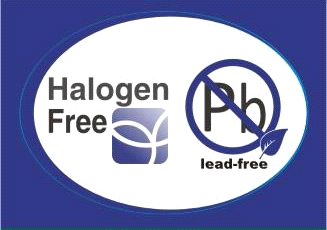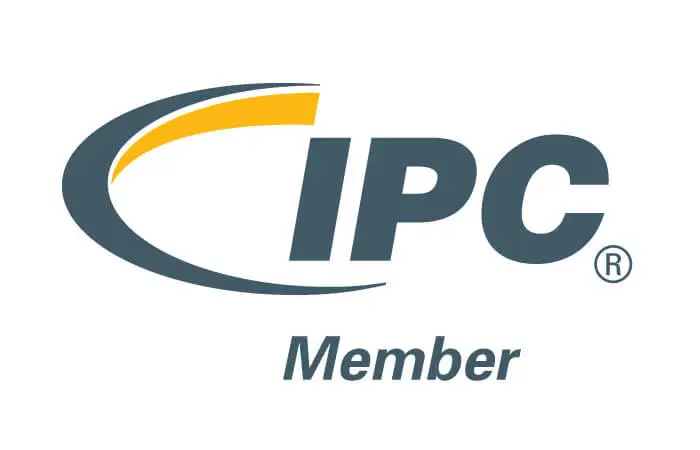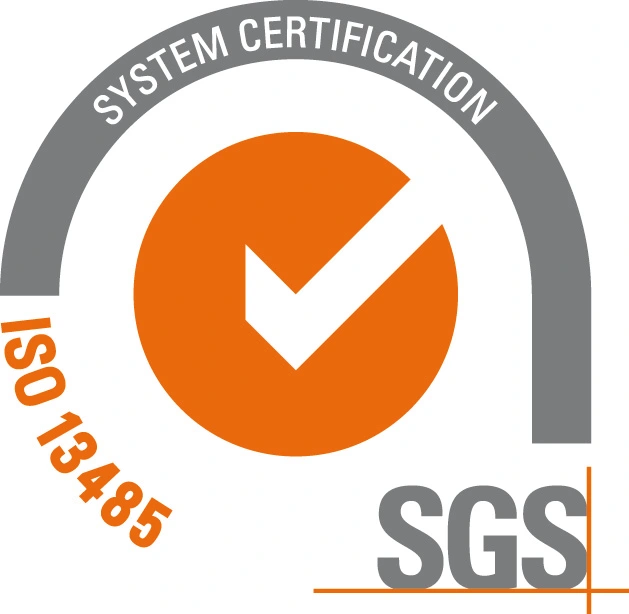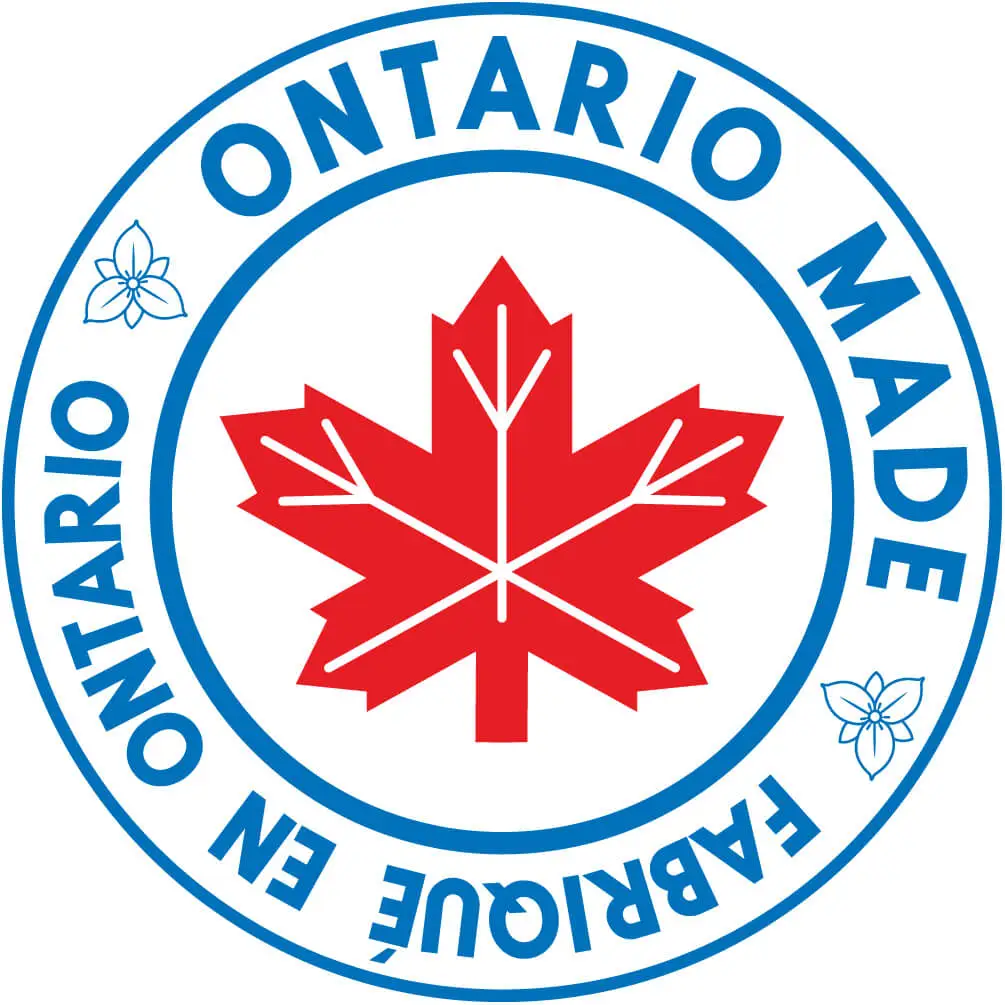TURN-KEY PCB ASSEMBLY: BITTELE ELECTRONICS
PCB MANUFACTURING AND ASSEMBLY
Full Turn-Key PCB Manufacturer
You can quickly get quotes and order PCB fabrication and assembly using our online system. Take advantage of exclusive automatic discounts with our tool. Our BOM pricing tool ensures you receive the lowest price for your order.
START A TURN-KEY PCB ORDER
Halogen-free / Lead-free Printed Circuit Boards

The EU RoHS Directive 2002/95/EC, also known as RoHS or Lead-Free, is the Restriction of Hazardous Substances regulation that specifies the maximum levels of lead in various electric and electronic devices. But in reality RoHS restricts more substances than lead. It also restricts the following hazardous materials:
- Lead (Pb): < 1000 ppm
- Mercury (Hg): < 100 ppm
- Cadmium (Cd): < 100 ppm
- Hexavalent Chromium: (Cr VI) < 1000 ppm
- Polybrominated Biphenyls (PBB): < 1000 ppm
- Polybrominated Diphenyl Ethers (PBDE): < 1000 ppm
The RoHS directive not only restricts the use of lead in electrical and electronic products, but also other hazardous substances as well.
With the increasing demand for global environmental protection, the use of other hazardous substances is being restricted. For instance, the problems of halogen base compounds are surfacing in the PCB industry because there are quite a lot of halogen containment chemicals utilized in the PCB fabrication process.
Hologen, is Greek and means “of saline.” Halogen includes five kinds of chemical substances such as fluorine, chlorine, bromine, iodine and astatine. In the electronics industry, bromine and chlorine are the focus of interest.
Bromine and chlorine compounds have been present widely in electronic waste, plastic products and PVC. It is true that halogens don’t harm human beings nor does it harm the environment as they are used in electronic products and devices. Yet, they have come an issue in regards to their safe disposal at the end of their service life by means of incineration.
When burning hazardous materials, it is easy to produce harmful substances such as dioxin and hydrochloric acid gases (HCl). Through bioaccumulation, they become harmful to human health and the environment forever.
Printed circuit boards, solder mask, IC moulding, connectors and other common electronic products contain halogenated compounds, especially PBB and PBDE, which are the most dangerous toxins. That’s why the EU's RoHS regulations prohibit the use of PBB and PBDE.
Going forward, the electronics industry gradually realized that it is necessary to forbid the use other halogenated compounds. Making halogen-free products has now become the latest environmental trend.
Related Articles:
Please briefly describe the information you are seeking in the search bar below.






 English
English